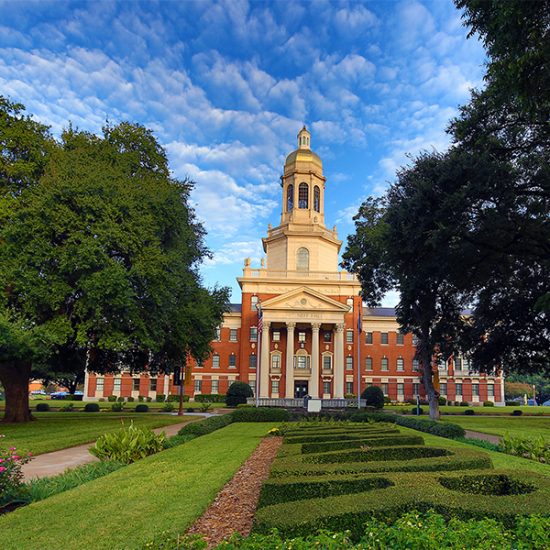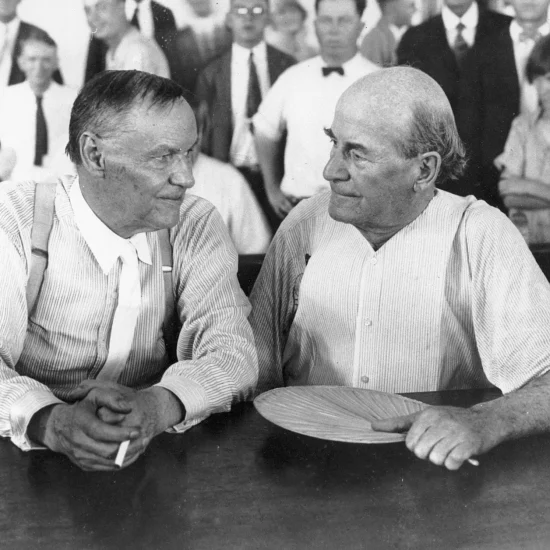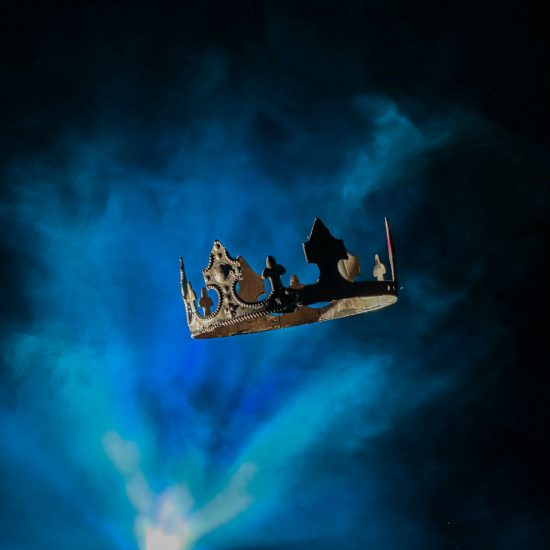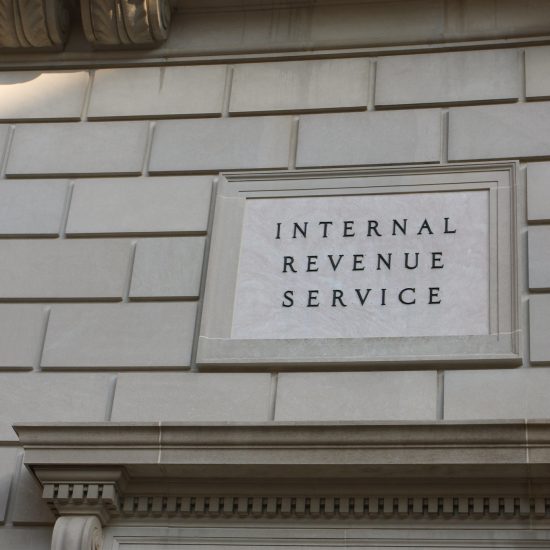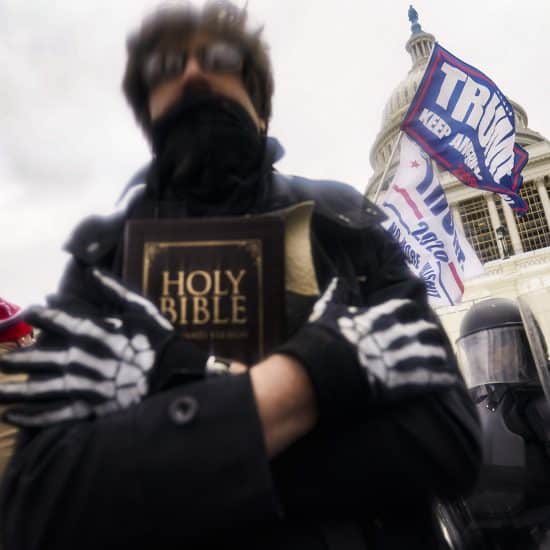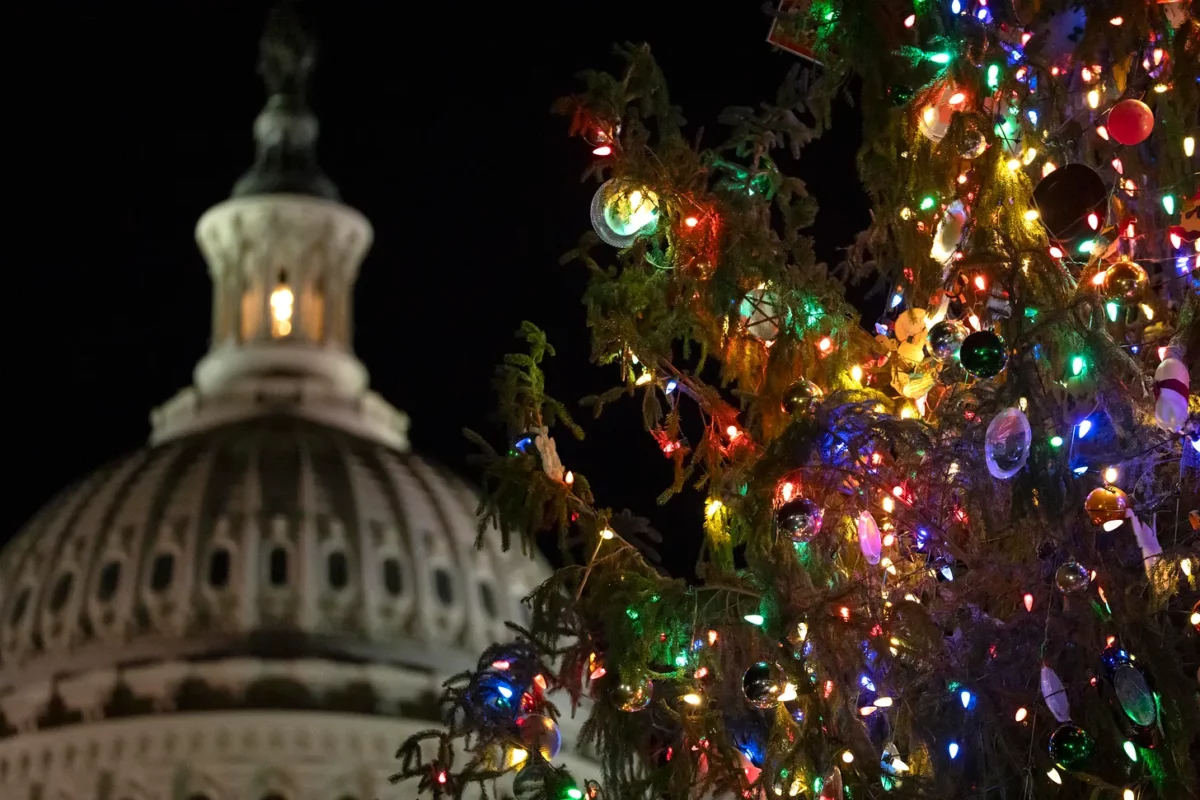
“So if anyone is in Christ, there is a new creation: everything old has passed away; look, new things have come into being!” (2 Corinthians 5:17)
The holidays are not always merry and bright. Elvis Presley and others have sung about loneliness and unrequited love that comes from a “blue, blue, blue, blue Christmas.” Recognizing that sadness, suffering, and grief do not take a break in December, many churches hold Blue Christmas services that allow people a sacred space for mourning and expressing emotions that are out of sync with the dominant feelings of the season.
Perhaps the laments that come from political loss also need to be acknowledged in this season of anticipation. New things necessarily mean the old is passing away. And that reality is a powerful force in our public life.
Democracy has famously been described as “a system in which parties lose elections.” One of the hallmarks of a healthy democratic society is when people — both candidates and citizens — accept defeat. The unsupported claims of stolen elections, voter fraud, and rigged outcomes by a growing number of politicians — predominantly on the Right — undermine this core principle.
Juliet Hooker, a political theorist at Brown University, wants to move political loss front and center. Her latest book, Black Grief/White Grievance: The Politics of Loss, contrasts the differing responses in our body politic to the collective expressions of Black grief — such as the protests that erupted in response to police violence towards Black bodies — and the perceived loss of power and privilege among conservative White voters.
She argued more attention is needed to how loss is experienced and processed. As she recently told the podcast Democracy Works, “I think in the current moment, White grievance and the way in which it’s being mobilized to get people to say, ‘If I can’t win through these democratic means I’m willing to dispense with democracy,’ is really one of the greatest threats to U.S. democracy right now.”

The U.S. Capitol Christmas Tree is seen after a lighting ceremony on Nov. 28, 2023, in Washington, D.C. (Mark Schiefelbein/Associated Press)
For Christians, Advent emphasizes the anticipation that God is about to radically change the world through the birth of Jesus Christ. What will be is drastically different from what has been. We celebrate this transformation as good news.
Still, we make space for those whose specific circumstances make it difficult to fully engage the meaning of this season. We want them to have a space for processing their pain and loss.
Could churches offer a similar place for the safe expressions of Black grief that recognize the agony felt by too many in our racialized and too-often-racist society? And could Christian communities be places that contest and reframe White grievance, helping those nostalgic for a mythologized past better see the problems in what has gone on before and the progress inherent within what is emerging?
Expanding what we include as part of Blue Christmas might be a means for advancing racial reconciliation and justice. We could better hear the cries of Black voices and protect Black lives. And we should challenge those eager to restore White dominance. Let’s heed the wise calls to better attend to political loss. But let’s do so by using Advent to think theologically about this aspect of our public life.
Rev. Beau Underwood is a contributing editor at Word&Way and a Disciples of Christ pastor in Indianapolis, Indiana. Along with Brian Kaylor, he is an author of the forthcoming book from Chalice Press, Baptizing America: How Mainline Protestants Helped Build Christian Nationalism.

NOTE: This is part of our Unsettling Advent devotionals running Dec. 3-Dec. 24. You can subscribe for free to receive them each morning in your inbox.

